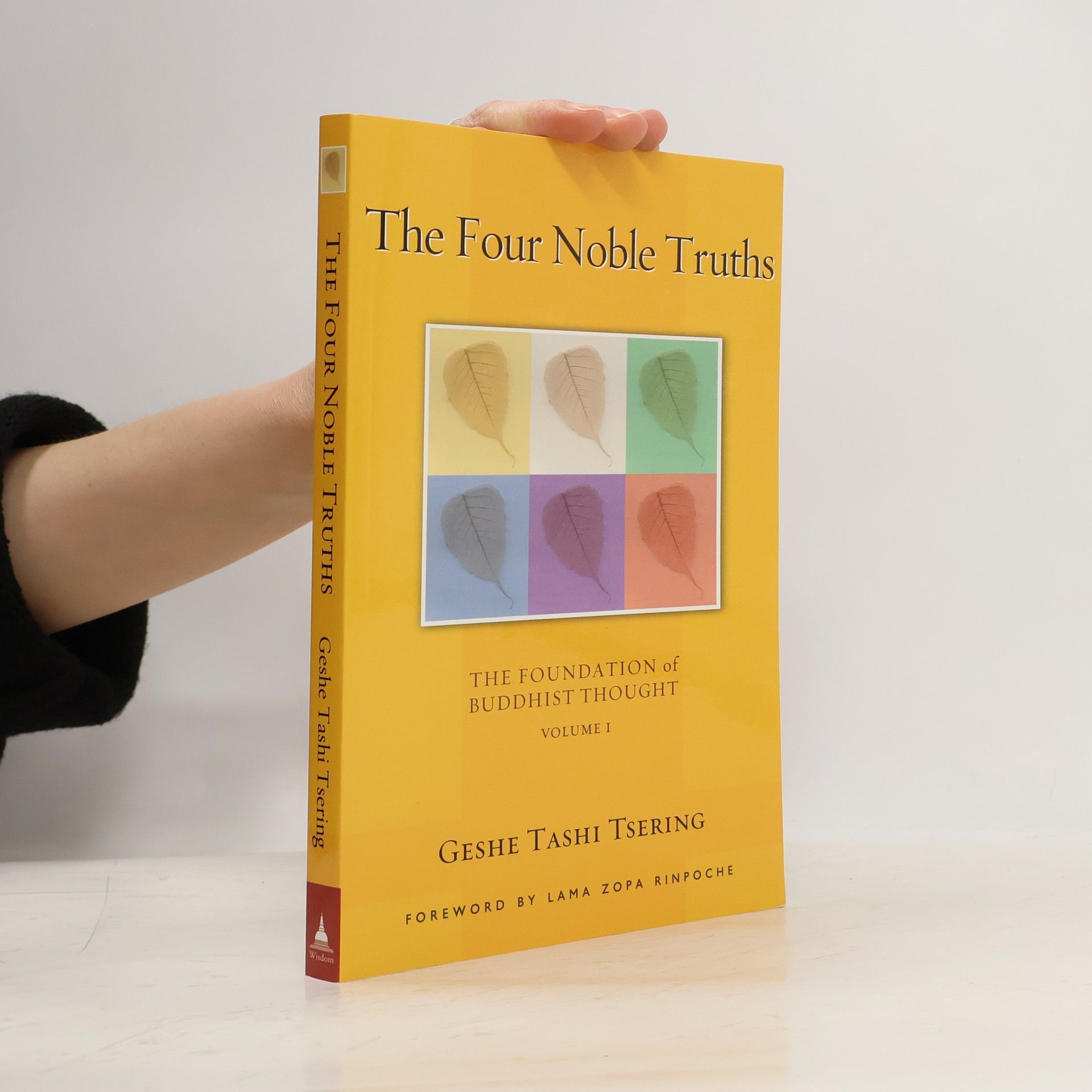The four noble truths are well known as the Buddha's first and most essential explanation of his enlightened realizations. The truths diagnose the human existential crisis--suffering and its origin--and prescribe a solution--cessation and the path. To understand the four noble truths is to understand Buddhism as a whole. In The Four Noble Truths, Geshe Tashi draws on his decades of training in Tibetan Buddhism to illuminate these truths for a modern audience. His respectful engagement with Buddhists outside his own tradition and his insights into Western culture make this book refreshing. It will reward even those already acquainted with the fundamentals of Buddhism. The Four Noble Truths is the first of six stand-alone volumes in the Foundation of Buddhist Thought series.
Geshe Tashi Tsering Knihy
Tashi Tsering je autor, jehož dílo se hluboce noří do duchovních a filozofických tradic tibetského buddhismu. Jeho psaní je charakteristické pronikavým zkoumáním lidské mysli, emocí a hledání osvícení. Prostřednictvím svých textů Tsering nabízí čtenářům cenné vhledy do praktik všímavosti a soucitu, které jsou navrženy tak, aby podpořily vnitřní klid a moudrost v každodenním životě. Jeho práce slouží jako most mezi starobylými moudrostmi a moderním světem a poskytuje praktické vedení pro ty, kteří usilují o hlubší porozumění sobě i světu kolem sebe.
